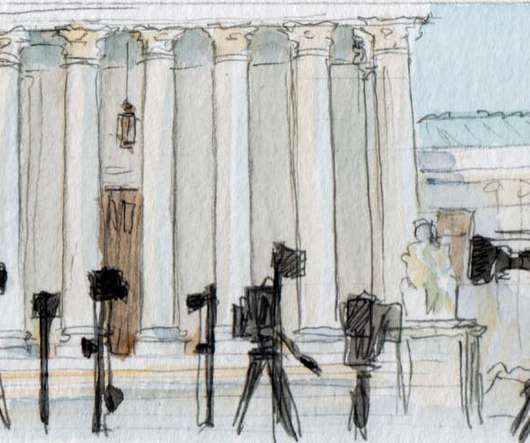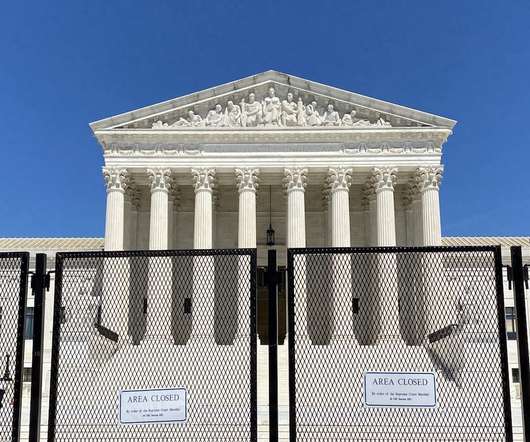Word of the Month for August 2019: Stare Decisis
Legal Research is Easy
AUGUST 5, 2019
Arnold , the parents of Caleigh Wood sued Charles County Public Schools in Maryland, the county board of education, and Evelyn Arnold and Shannon Morris, principal and vice principal of La Plata High School for violating a student’s (i.e. Of course, this brings us to our word of the month: STARE DECISIS. Eventually Torcaso v.













Let's personalize your content